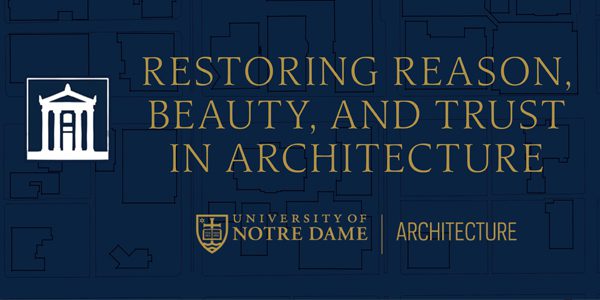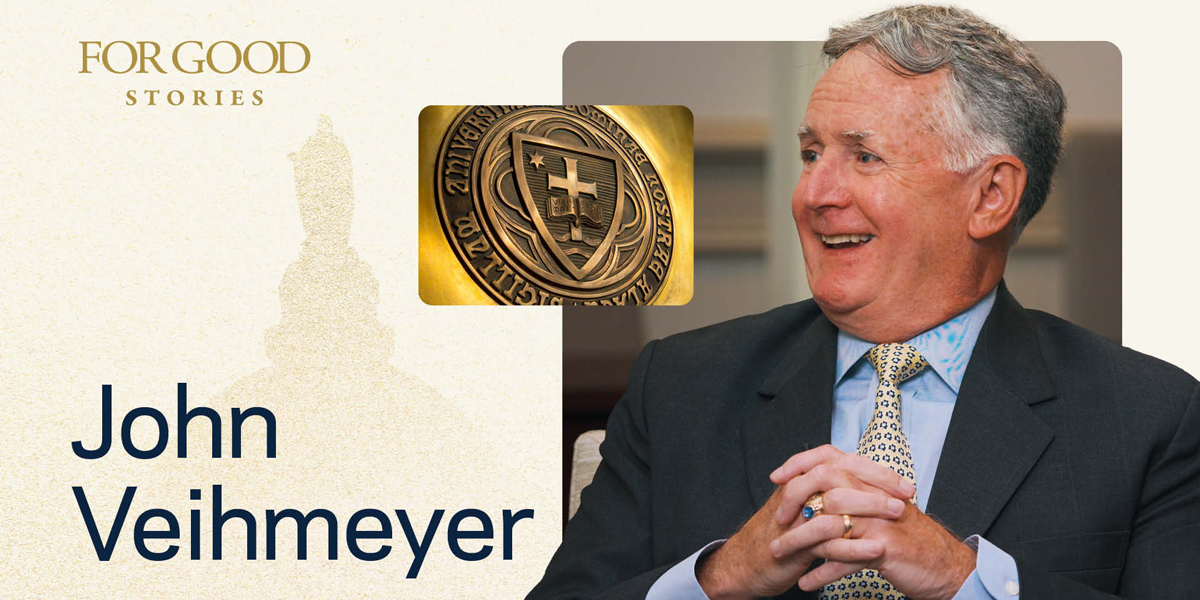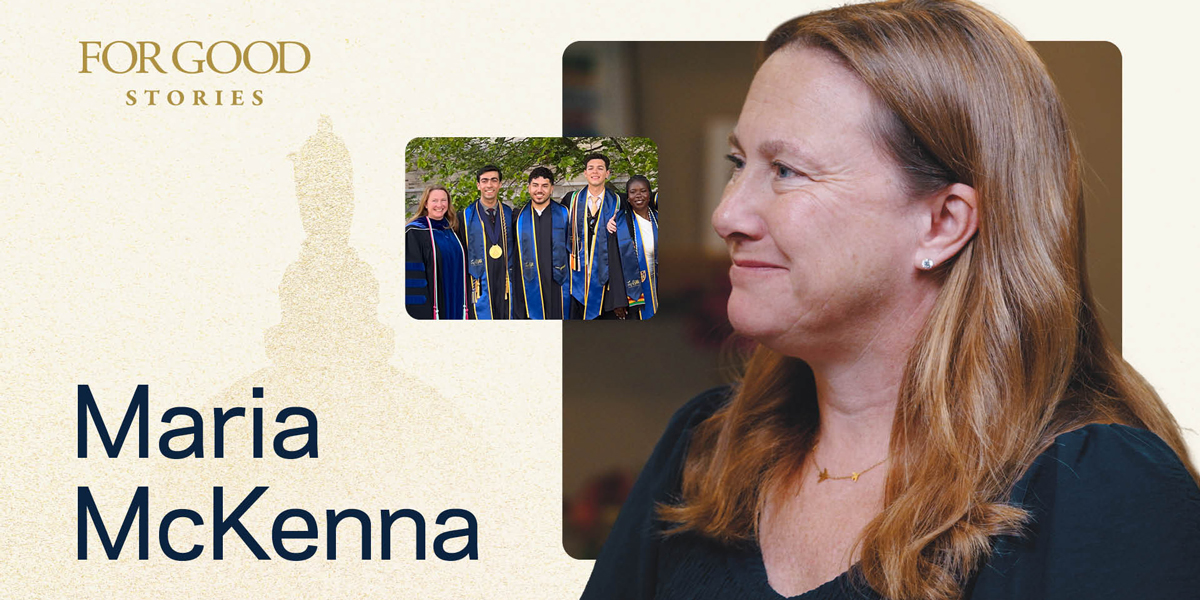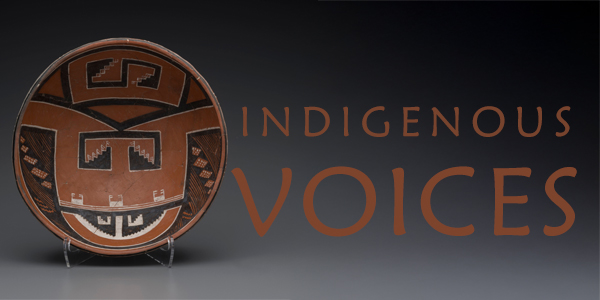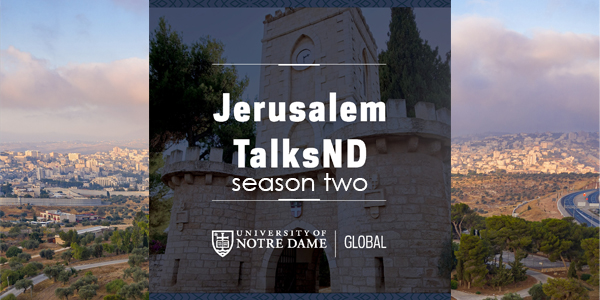The third and final virtual event in the Church in Asia series focused on Christianity in China today. The event was moderated by Gabriel Said Reynolds, Crowley Professor of Islamic Studies and Theology and the Director of the World Religions and World Church program in the Department of Theology at Notre Dame. The event featured two guest speakers, Xueying Wang, lecturer in the Department of Theology from Loyola University in Chicago, and Rev. Michael Agliardo, S.J., visiting research scholar in the Department of Sociology from Santa Clara University.
The discussion opened with some broad questions about Christianity in China today. The first question was focused on the distinctive features of the Catholic church in China. The Catholic church in China only has a 400 year old history, said Fr. Agliardo, and Catholics make up only a small minority of China. Most are found in the rural parts of the country and make up small communities. Agliardo estimated that there are about 12 million Catholics in China that are loyal to both the church and their country.
Reynolds asked Agliardo to describe what the church looks like in China. For, example, would an American Catholic recognize the Catholic Church in China or would it feel different? Agliardo thought that the church would be highly recognizable to other Catholics. Many Catholic churches in China still say Mass in Latin and want to continue to connect with the universal church. While enculturation may exist in transmission of religion and culture, according to Agliardo, today’s Chinese Catholic wants to identify with the Catholic church in an authentic way that is meaningful to those who practice. Since China is a very secular country, Agliardo said that it is becoming more difficult for the Chinese to share their faith with others. Due to longer work weeks and other cultural differences, it is more difficult for believers to spend time practicing the faith.
The final formal question posed for the discussion was about what the Catholic faith in China will look like in the future. Agliardo thought that because freedom of religion is restricted in China, if religion rivals the government’s agenda, the government will be more suspicious of religion. However, he believes the Catholic faith makes the Chinese better citizens. The discussion concluded with time for audience questions, which explored the treatment of priests and lay people in China and the relationship between Catholicism and Daoism in China.
Visit the event page for more.

